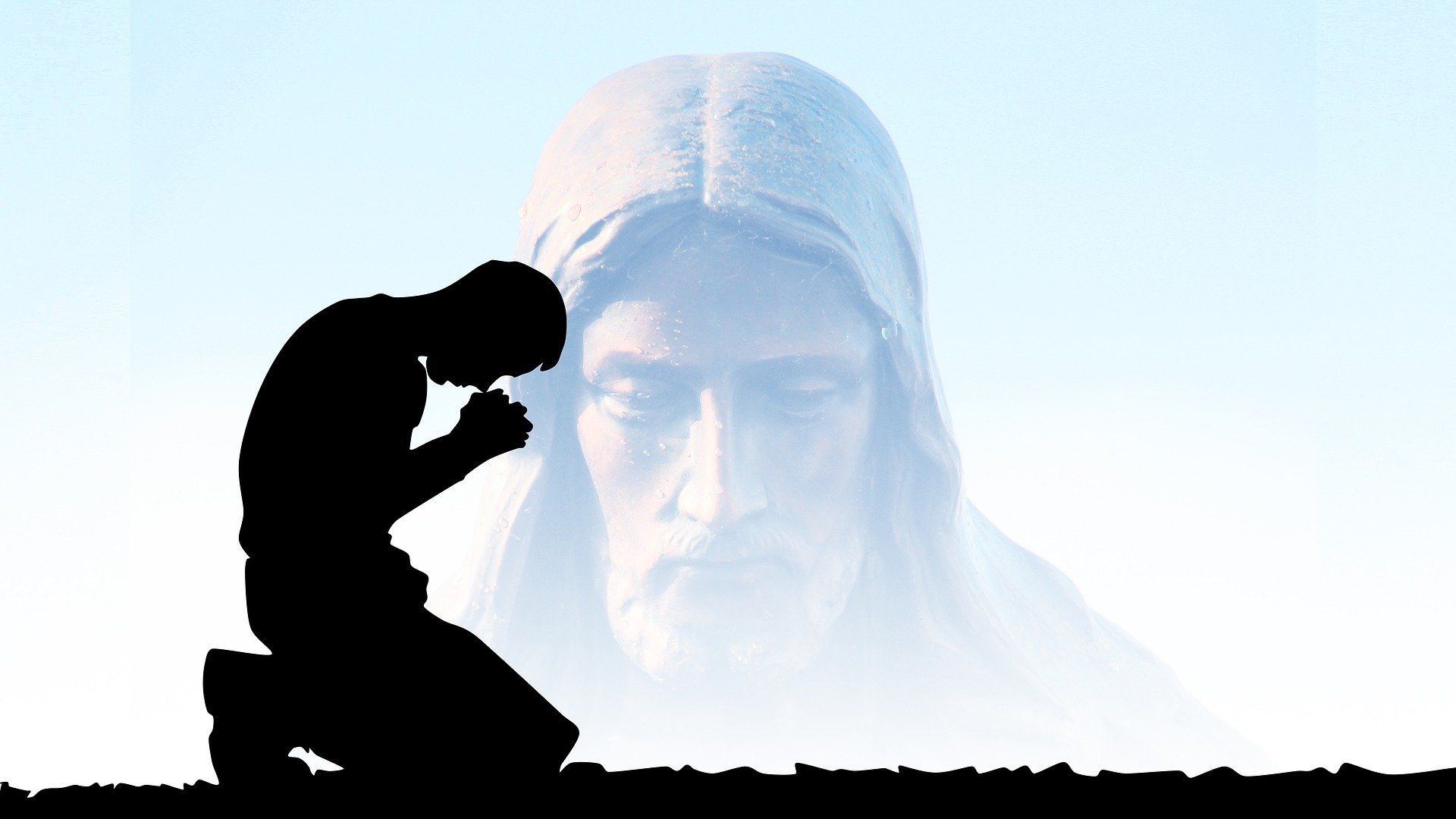Dependence on God
[Coaching Lesson #6 from our Serving Leadership Development Program—Beginning the Journey, Phase 1]
Our society tells us that we need to be independent and “in control” of our lives, our careers, and our relationships. Yet, the scriptures tell us that as Christians we must give up our independence and our desire for control. We need to learn to depend on God for his provision.
Leaders must model their faith in God, demonstrating to those they lead a consistent dependence on God. Setting an example serves to guide and encourage them to do likewise.
Do Not Worry (Matthew 6:25-34)
Anyone who leads others will find plenty of reasons to worry. Jesus, however, cautions us against worrying about anything, even the food we eat or the clothes we wear. Worry is Satan’s way of tempting us to not trust in God.
In this passage, Jesus gives us several reasons why we should depend on God rather than worry:
- Worry is pointless and never changes the reality of the situation.
- Worry ignores God’s faithfulness in our lives.
- We are God’s children—he loves us unconditionally, and he promises to care for us.
- When we worry about tomorrow we often miss out on the opportunities we have today.
As leaders who want to make a difference for Christ, we need to lead in such a way that others may see our dependence upon God, especially when we’re facing problems and difficulties.
What Could Happen When We “Take Charge” of Our Lives? (Genesis 16:1—17:2)
Abraham and Sarah attempted to control the fulfillment of God’s promise according to their own timetable and by their own methods and power. The consequence of their failure to depend upon God’s timing has had far reaching effects on the world, even in our own lifetime (consider the ongoing Arab/Israeli conflict).
Leaders who have learned to depend upon God realize that God will do the right thing in his time, in his way, and by his power.
Discussion Questions:
- Think of a time when you asked God for help or guidance, but instead of waiting on him, you acted on your own. What was the result?
- What are some ways leaders can demonstrate to those they lead a dependence on God?
- Why do so many Christians today want to be “in control” of their lives, rather than let God be in charge? What are some of the consequences?
- How does our practice of the disciplines (prayer, solitude, experiencing unconditional love, scripture) demonstrate our dependence on God?














